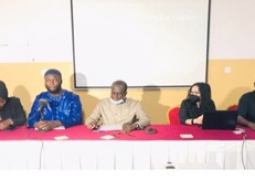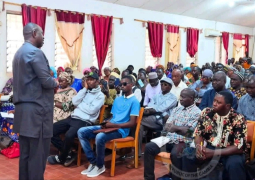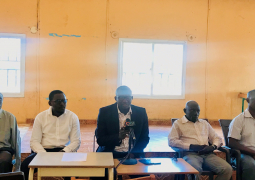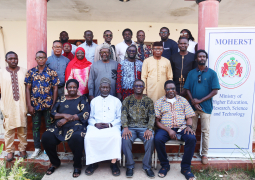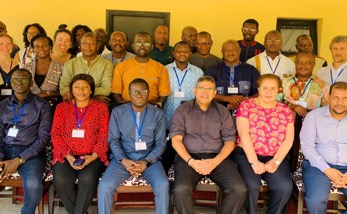
However, the West African nation The Gambia, being a member of the Fishery Committee for the Eastern Central Atlantic (CECAF), is exposed to incidences of overfishing with negative economic implications.
This was disclosed during a four-day data collection training forum hosted by the Ministry of Fisheries, Water Resources and National Assembly Matters. The forum was aimed at updating the Reference List for Area 34 and to introduce a new assessment methodology.
The four-day forum was held on the theme; “State of the World Fisheries and Aquaculture (SOFIA) Analysis” for 27 participants from 22 countries within the CECAF from 16 to 20 May 2023 in Banjul. SOFIA is a user-friendly model developed to collect and analyse data in the Fisheries Sector.
According to experts from FAO, one out of two of Gambia’s fish stocks is overfished, and have recommended mitigating measures to be instituted and enforced.
Rishi Sharma, a senior FAO Research Officer stated that Governments have to be involved and that they have to institute compliance measures to eradicate overfishing.
The United Nations has set a goal under the Sustainable Development Goals to end overfishing by 2030. So far, 50 percent of the fish stock in countries within the CECAF is overfished according to preliminary results.
This presents a worrying trend that requires elevated commitment to Agenda 2030.
“Overfishing is caused by lack of regulations, management, enforcement, monitoring,” Mr. Sharma added.
Momodou Sidibeh, Deputy Director of Fisheries, Ministry of Fisheries, Water Resources and National Assembly Matters, reminded that as one of the beneficiary countries, the training would help the country to properly collect and manage data at the Ministry of Fisheries. Through this, issues of overfishing can be addressed.
Participants are expected to use the SOFIA model to ‘dig deep’ into the available data of demersal and pelagic fisheries. They would at the end of the training have an improved understanding of the current state of Fisheries stocks in CECAF.
The EAF-Nansen Programme, which is an initiative to support the implementation of the ecosystem approach in the management of marine fisheries, is supporting this process for the CECAF Area.


